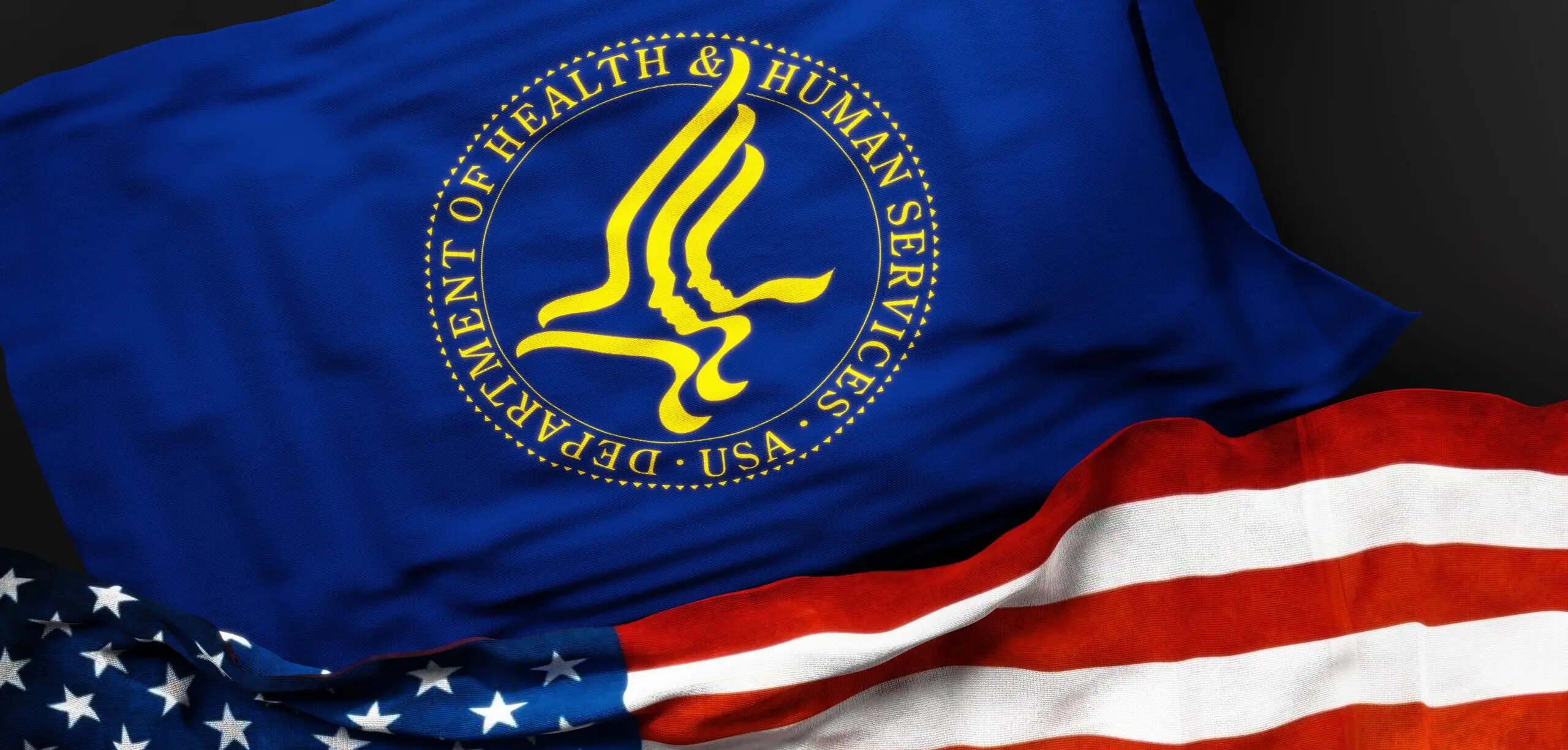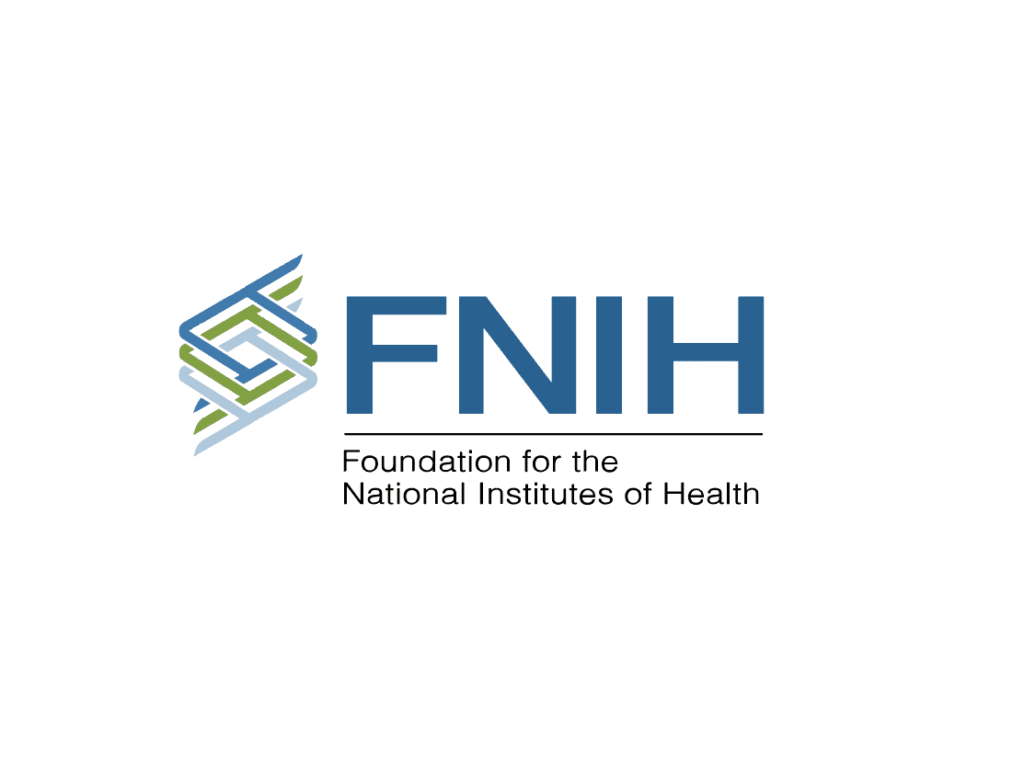

Department of Health and Human Services Restructuring to Impact Key Health Agencies
By: Allen Pinn, Policy Manager
In the first 100 days of the Trump Administration, officials have demonstrated a commitment to reassessing federal expenditure priorities. At the end of March, Department of Health and Human Services (HHS) Secretary Robert F. Kennedy Jr. announced sweeping cuts to the HHS workforce and a restructuring of current departments. His proposal, which would result in a reduction of 20,000 employees and the consolidation of several agencies under HHS, has drawn mixed reactions. Critics argue that the plan could undermine public health and safety, while proponents contend that the restructuring aims to reduce chronic disease, encourage healthy behaviors, enhance operational efficiency, and ultimately save taxpayers an estimated $1.8 billion.
Under the restructuring, HHS will consolidate its 28 divisions into 15 and create a new Administration for a Healthy America (AHA). Human Resources, Information Technology, Procurement, External Affairs, and Policy will also be centralized. In addition to these consolidations, regional offices are also being reduced from ten to five. The restructuring plan will impact key health agencies within the HHS, including the Centers for Disease Control and Prevention (CDC), the Centers for Medicare and Medicaid Services (CMS), the Food and Drug Administration (FDA), and the National Institutes of Health (NIH).
Centers for Disease Control and Prevention
Under the direction of the Trump Administration, the CDC was instructed to reduce its workforce by 20%. As part of the broader restructuring effort, the CDC is set to absorb the Administration for Strategic Preparedness and Response (ASPR), an agency tasked with coordinating responses to natural disasters and public health emergencies. The plan also includes the elimination of several CDC divisions and offices, notably the National Center for HIV, Hepatitis, STD, and Tuberculosis Prevention (NCHHSTP), which leads federal HIV prevention initiatives and conducts extensive research in the field. In addition to staffing cuts, several prominent leaders have been removed from their positions or reassigned to different roles. Advocates for individuals living with HIV have voiced concerns that these cuts could hinder efforts to combat HIV/AIDS and jeopardize the well-being of many who live with the disease.
Centers for Medicare and Medicaid Services
Cuts to CMS include significant employee reductions at the Office of Equal Opportunity & Civil Rights and the Office of Minority Health. The restructuring also includes the reorganization of the Administration for Community Living (ACL), which provides supports for people with disabilities and older Americans. The Trump Administration has stated this reorganization will not impact Medicare and Medicaid services for beneficiaries. However, Medicare proponents warn the restructuring could lead to enrollees experiencing disruptions of critical services.
Food and Drug Administration
The FDA has reduced its workforce by 3,500 employees, which represents a 19% cut. HHS has stated the reduction would not impact drug, medical device, or food reviewers; however, because of cuts to support staff, reviewers are finding it more difficult to perform their jobs. Drug reviewers have stated the downsizing in their agency will slow down drug reviews and reduce medical achievements, hindering access to new treatments for patients.
National Institutes of Health
The NIH was instructed to reduce its staff by 1,300 employees, affecting a range of roles including information technology, communications, and other essential support functions. These cuts, in addition to cuts to grant and contract management offices, have alarmed many across the scientific research community. As the largest public funder of biomedical research, cuts to NIH raise concerns about the negative impact this will have on progress for discovering effective treatments and understanding conditions and diseases like cancer.
As the restructuring of HHS takes effect, the NHC will continue advocating to ensure the patient community is centered in policy decisions and monitor the possible unintended consequences of these changes. In addition to tracking the impact of the restructuring, the NHC remains committed to representing its members by emphasizing the vital role of scientific research and the lifesaving work carried out by HHS agencies. To read more about the NHC’s position on federal funding for health programs click here.


